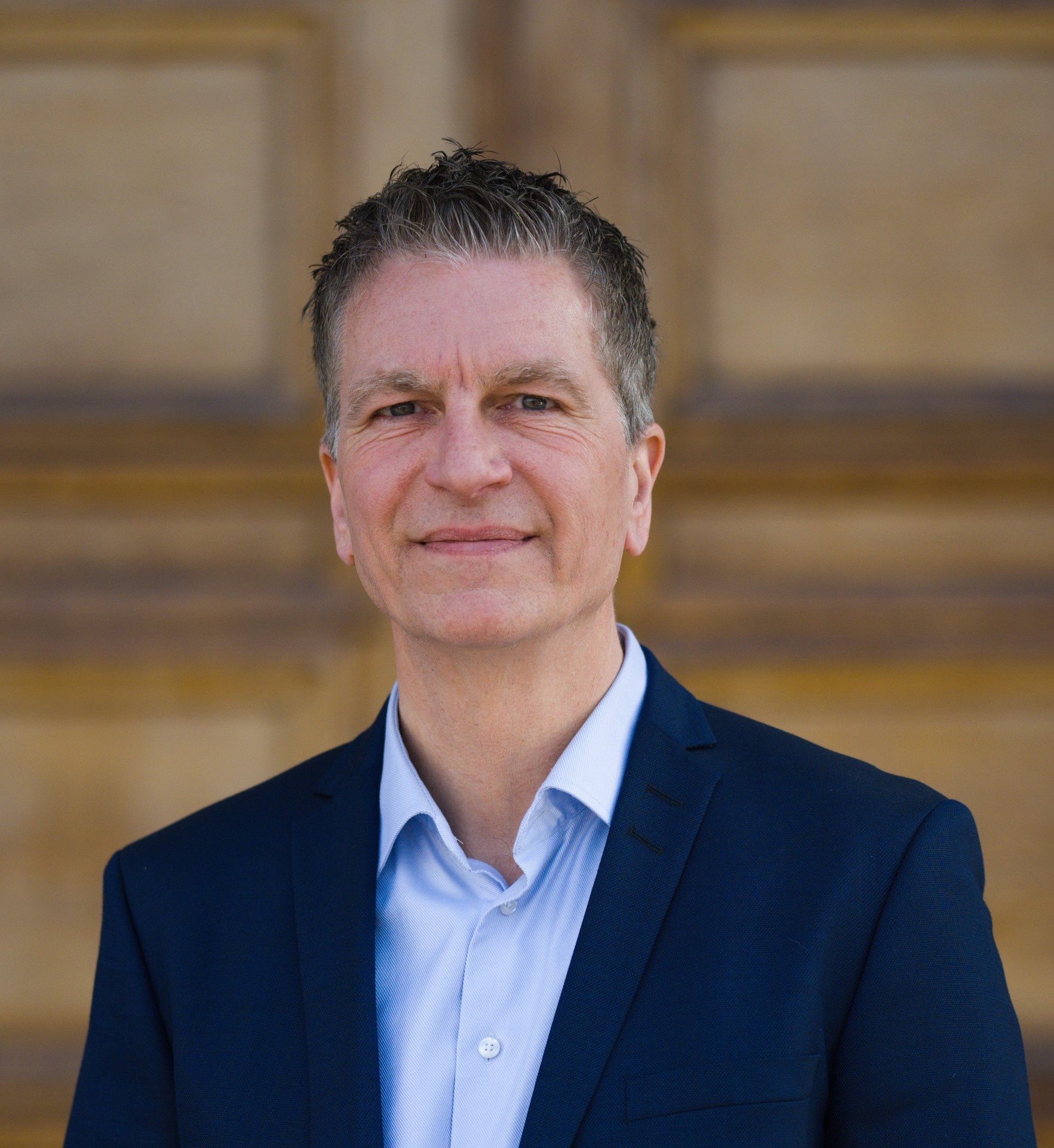With products and solutions enabling greater energy efficiency, renewable energy production and greener transportation, Alleima materials technology know-how helps build a more sustainable world.
The quest for more sustainable ways of manufacturing, transportation and energy production is essential to our common future and a key driver of business growth throughout our vast portfolio at Alleima. “Sustainability is present in all aspects of our operations and is an integral part of our commercial strategy,” says Göran Björkman, President and CEO. “The main contribution to sustainability is through our product offering, enabling the transition to renewable energy sources, electrification of industries, innovation in the medical sector and much more. We also actively seek to reduce and eliminate harm to people and the environment via our operations.”
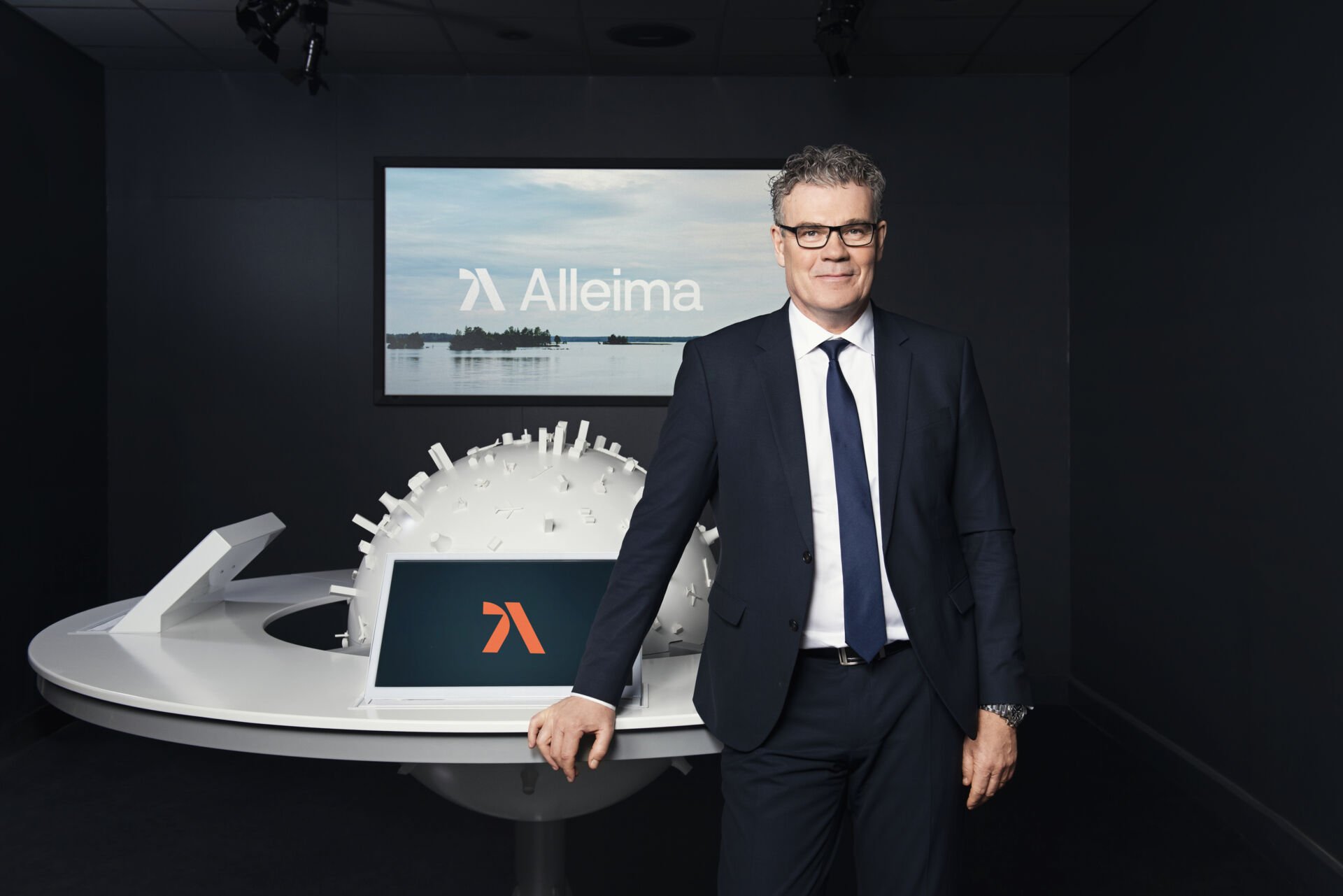
Materials, and steel in particular, have been at the heart of research and development at Alleima for 160 years. Combining these materials to create new alloys and changing the microstructure to enhance performance and efficiency are on our agenda every day.
How, exactly, can technological development in materials science support sustainability? Take the Eiffel Tower, for example. If we were using the advanced high-strength steels that we have today, we could build four Eiffel Towers with the amount of material that was used originally. Building lighter constructions means that less material needs to be produced and less transportation is required to transport that material. Both factors lead to reduced CO2 emissions. Stronger steel also means that aircraft and cars weigh less, which in turn means they consume less energy and thus produce less in the way of CO2 emissions.
Four Eiffel Towers instead of one? The secret lies in the material design. Alleima engineers have delved down to the atomic level to design new materials, moving atoms about to create new compositions of existing materials to make them lighter and more resilient. Computational modeling shows what kind of new compositions are possible and what would be needed to realize them.
Sign up here if you wish to receive news from Alleima by email.
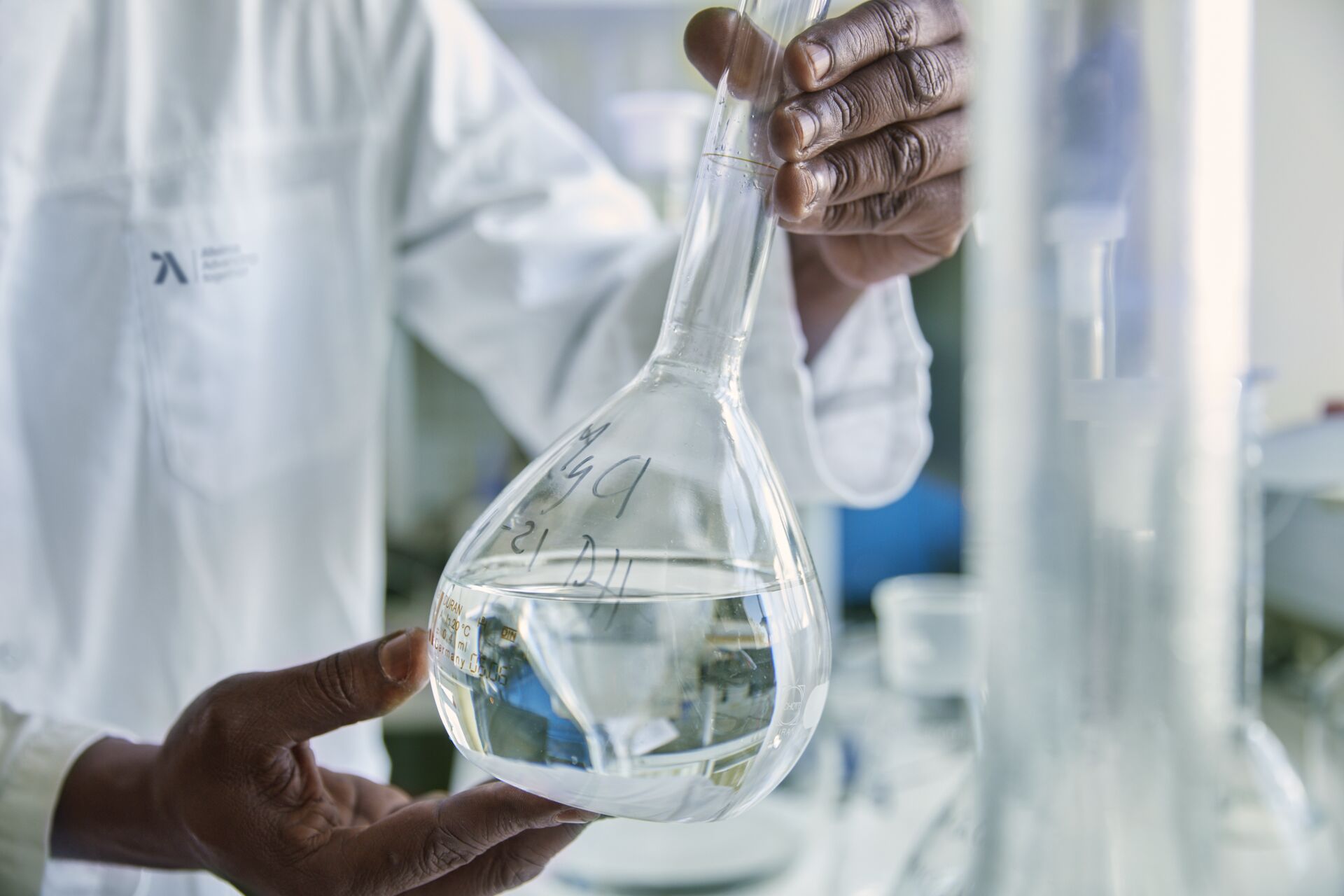
Challenge fits perfectly
Such scientific advancements may seem unlikely coming from a steel company that was formed back when the American Civil War was still going on, but constant change and progress has allowed the company to prosper throughout the years, and the transition to a carbon-free society is a challenge that fits Alleima perfectly. Says Håkan Sundström, Head of Governance and Sustainability: “Renewable energy production increases the demand for extremely durable and resilient material, whether against extreme heat, corrosion or acidity. Storing and distributing energy produced by infrequent sources such as solar, wind and power requires materials suitable for hydrogen gas and other media.”
Increasing penetration of renewable energy into the energy supply mix, the onset of electrification and improvements in energy storage are all key drivers of the energy transition and the progress of Alleima.
The Alleima sustainability agenda rests on four pillars, says Sundström. “The first,” he says, “covers climate and circularity and is guided by our commitment to minimize the impact on the environment from our own operations and energy usage.”
In terms of climate impact, Alleima seeks to slash its CO2 emissions in half by 2030, and the goal of increased circularity in our operations is getting closer every day. “The share of recycled steel used in our finished products is currently 82 percent, and it’s growing.”
The circularity ambition also involves helping customers reduce their own footprint and contribute to a sustainable world. “We undertake to buy back used steel products from our customers over a 30-year period,” says Sundström. “When recycling them we benefit from being able to the identify the ingredients and thus reuse them properly. Our sustainability effort benefits our customers and proves that genuine circularity is part of our business proposition.”
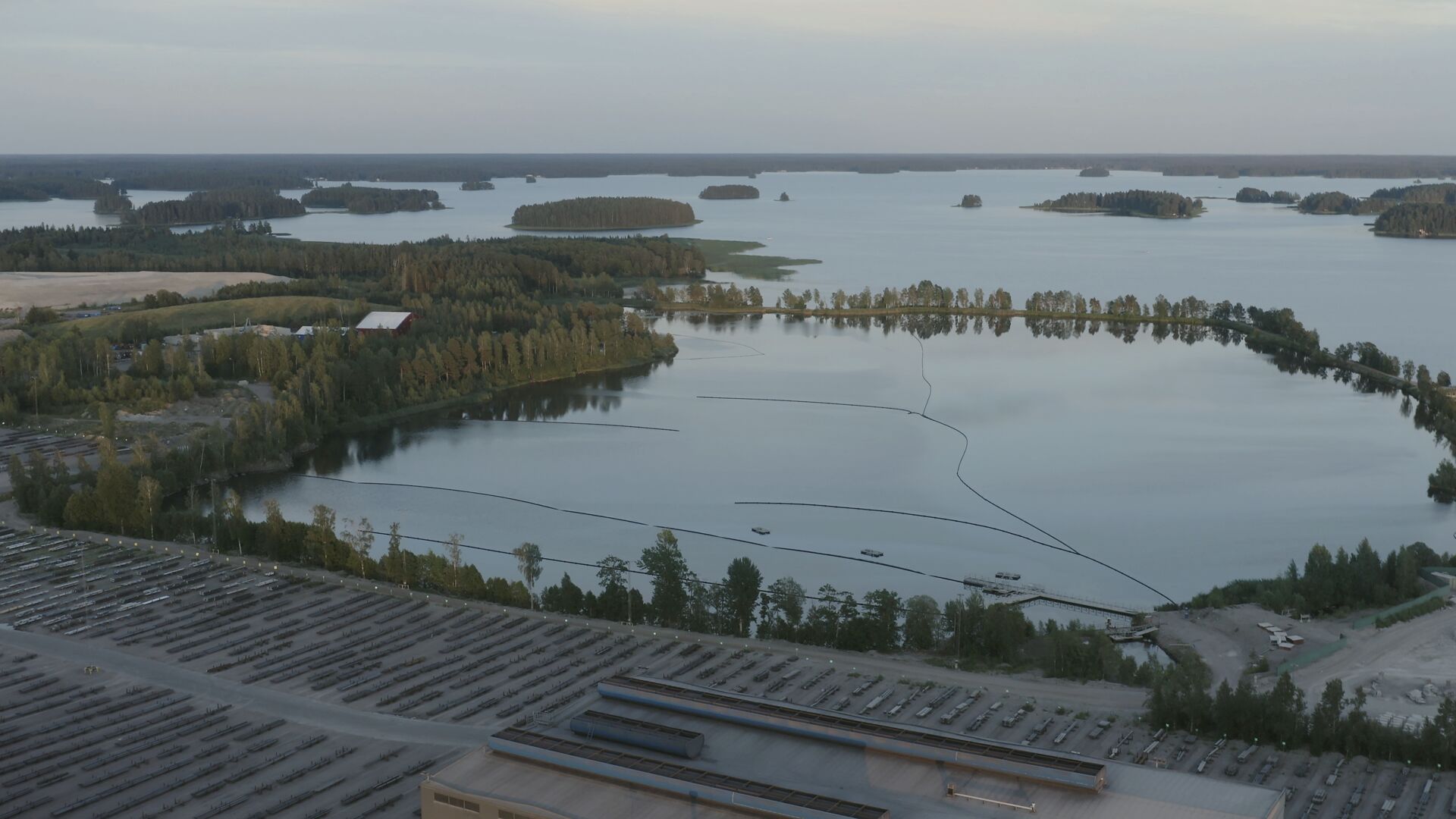
As far as the climate footprint from Alleima internal operations is concerned, we have already come a long way, he says. “Since 1921 we have produced steel by melting scrap metal instead of using virgin steel. In addition, since 2013 all of our European operations use fossil-free electricity, and we have reached 94 percent fossil-free energy consumption globally.”
Sustainability driver
The second pillar of the Alleima sustainability agenda is the push for market leadership. “Since our biggest impact on sustainability comes from our products, our goal is that the growth in sales of products classified as sustainable shall be higher than the growth in overall sales,” Sundström says.
Alleima technologies help customers as well as consumers increase their sustainability in many other ways as well. One example is the current shift from natural gas to electricity in the manufacturing industry, which has been enabled by its leadership in heat-resistant technologies. The resilience of Alleima compressor valve components reduces energy consumption in cooling equipment by a double-digit factor and our coated steel strips for bipolar plates used in the hydrogen fuel-cell stack facilities mass production of equipment for electric vehicles.
The third pillar covers sustainability in terms of employee relations, a crucial area for the ability to attract and retain talent in the future and to ensure that present employees are able to realize their full potential. “Our ambition is to further develop our organization to ensure that our employees can operate at their full potential and at the same time feel valued and welcomed as who they are,” explains Björkman.
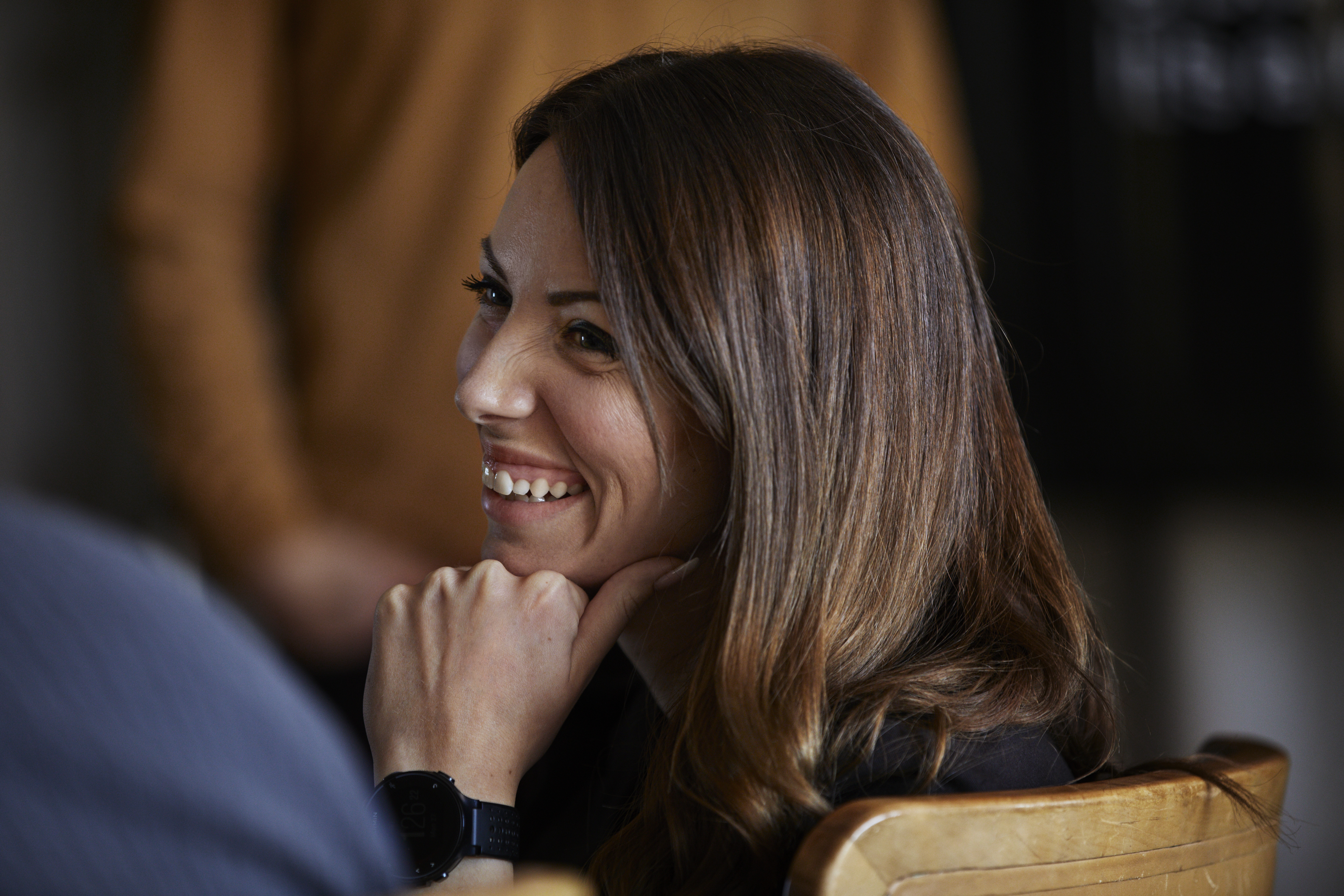
Supporting female leaders
DEI (diversity, equality and inclusion) is an integral part of this agenda. Examples of Alleima efforts include a partnership with the Allbright Foundation (more information in Swedish >>) to map the status and develop strategies, KPIs and long-term goals. We also run networks to support female leaders and encourage women in engineering.
Diversity means including and respecting all differences that define us as individuals – from gender to age, cultural and national backgrounds, orientation, ethnicity, as well as differences in education, experience, and skills. Research shows that companies perform better when they promote diversity and equality. For example, diverse teams more effective and likely to contribute to greater creativity and innovation. “This is key for our future achievement,” explains Ulrika Dunker and continues:
“We are preparing for our future success and setting up an organization that is ready to excel. We want to build an environment that encourages open thinking, where people feel respected, treated fairly, and will have the opportunity to develop and grow, and contribute to their full potential.”
The fourth leg of the strategic sustainability agenda is about ensuring ethical business conduct, through the Alleima Code of Conduct, ambitious compliance policies and supplier codes of conduct. Some of the materials used by Alleima, such as cobalt and rare earth minerals, are mined in conflict areas, which requires special attention to workplace ethics to safeguard against child labor and support victims of political unrest.
Sustainability is a multifaceted and complex challenge that rests on technological advancements and human cooperation in a host of areas. Alleima is uniquely qualified to take on the challenge, with the help of committed employees in 90 countries across the world, united in a common compassion for advancing and sustaining industries and communities.
“Our long-term sustainability targets reflect our commitment to be at the forefront of sustainability and to advance industries through sustainable offerings and operations,” says Sundström.
Sustainability is present in all aspects of our operations and is an integral part of our commercial strategy

